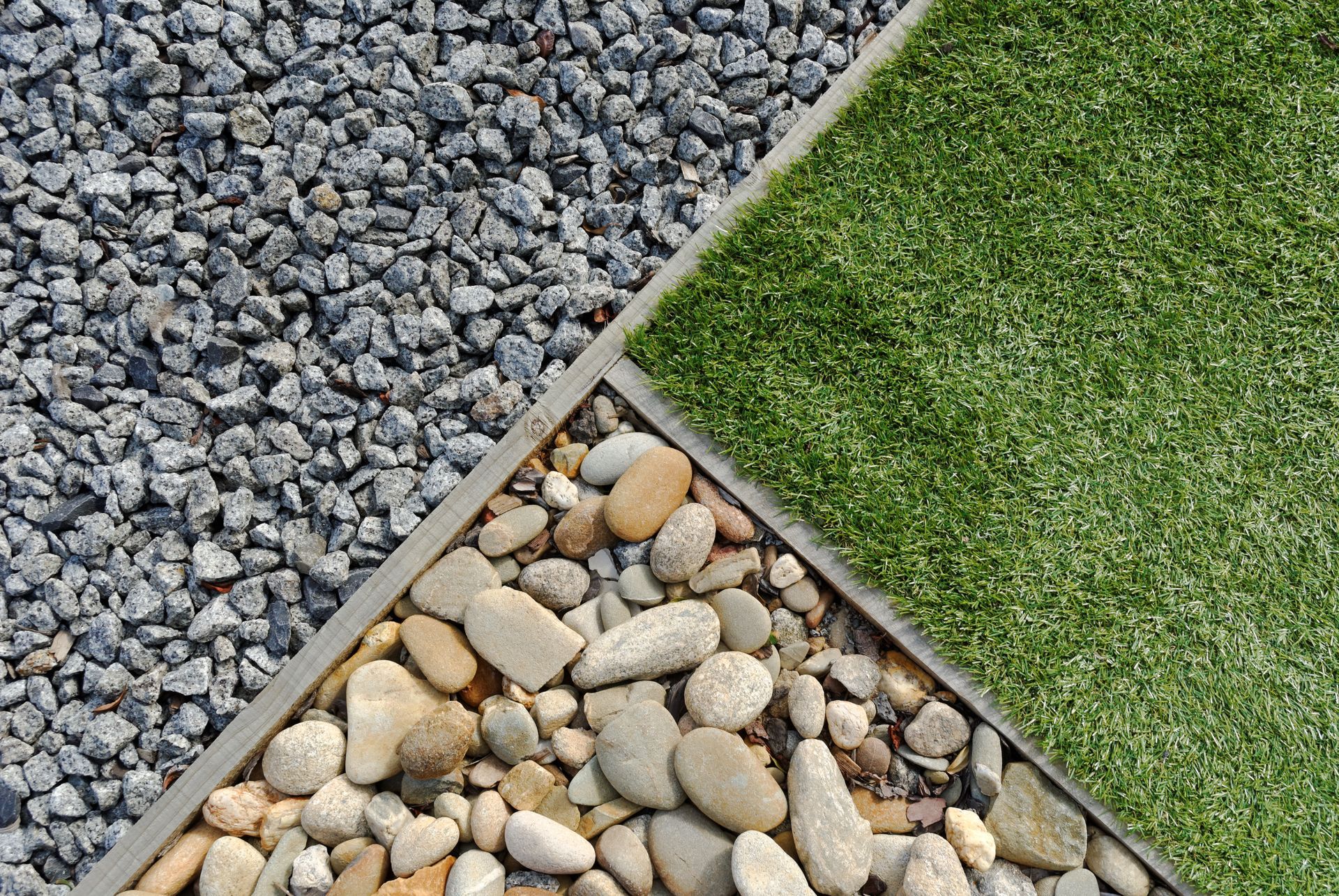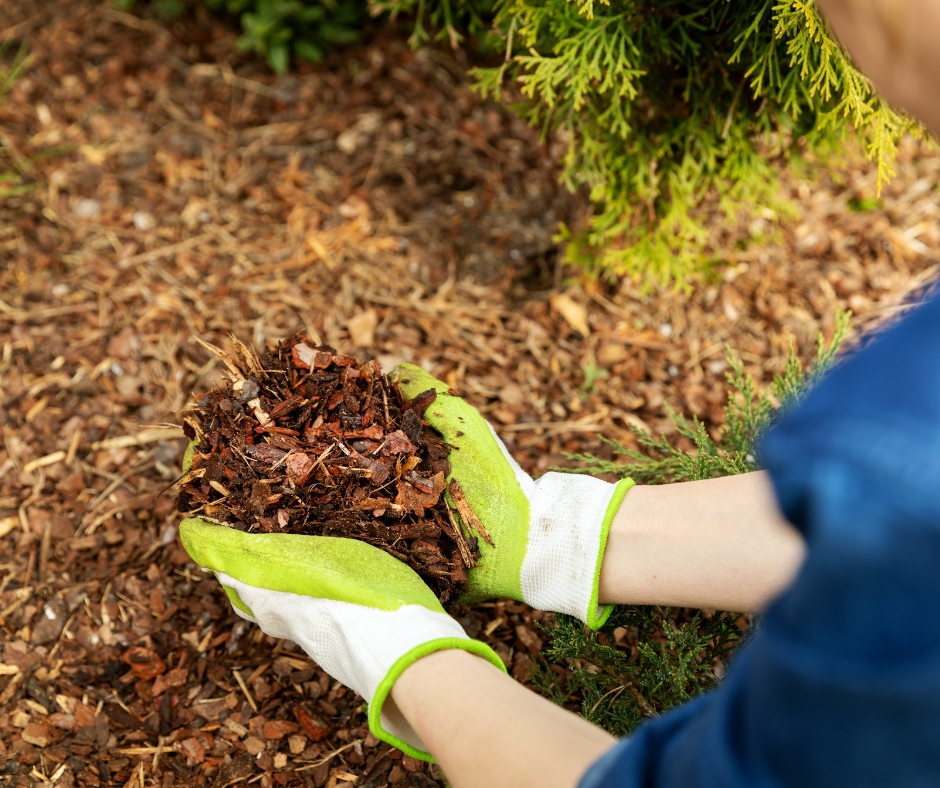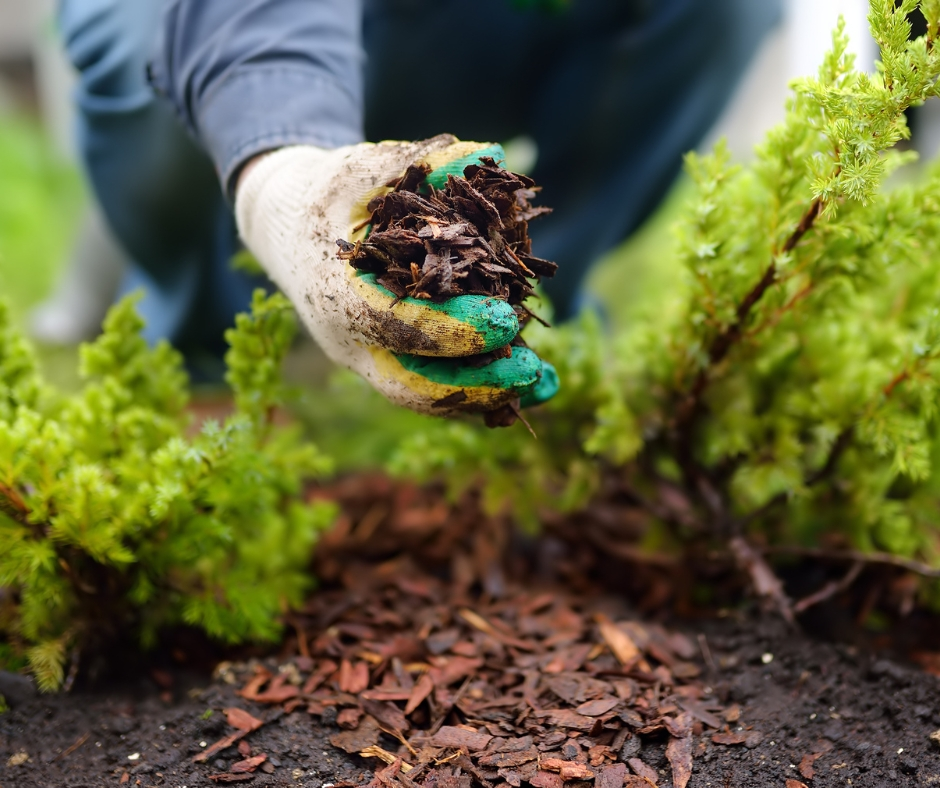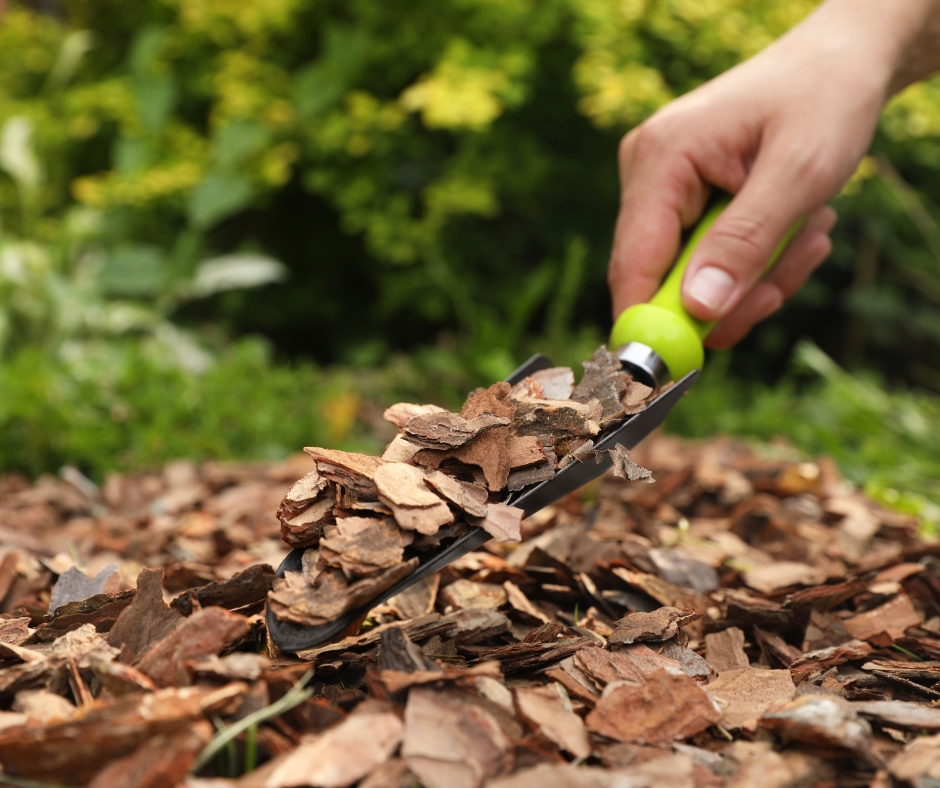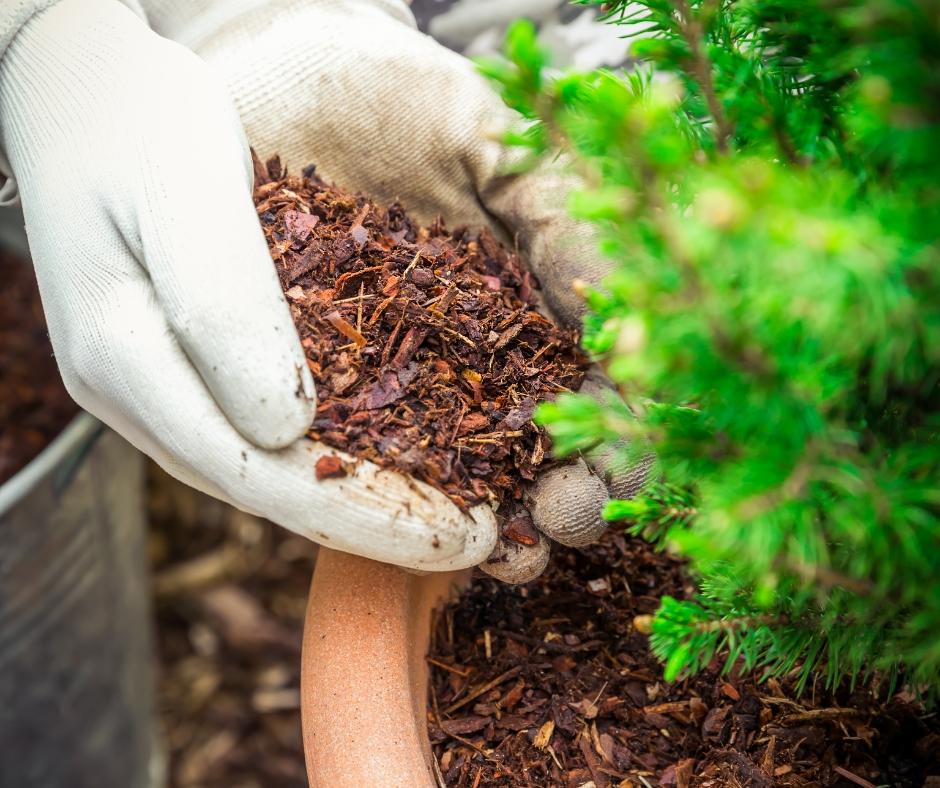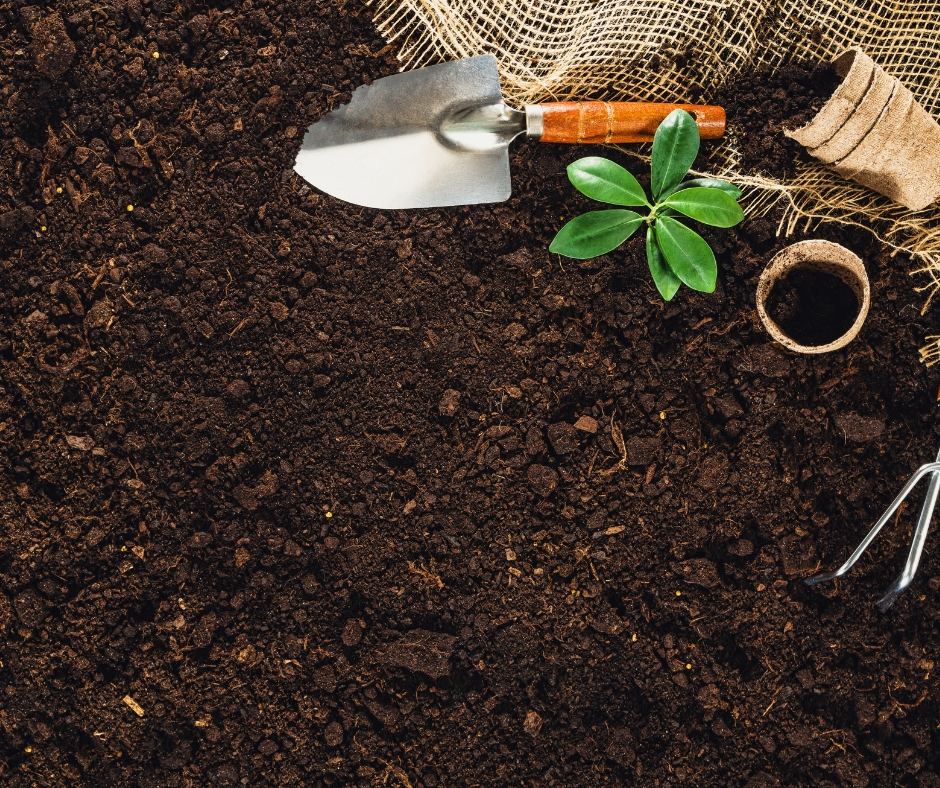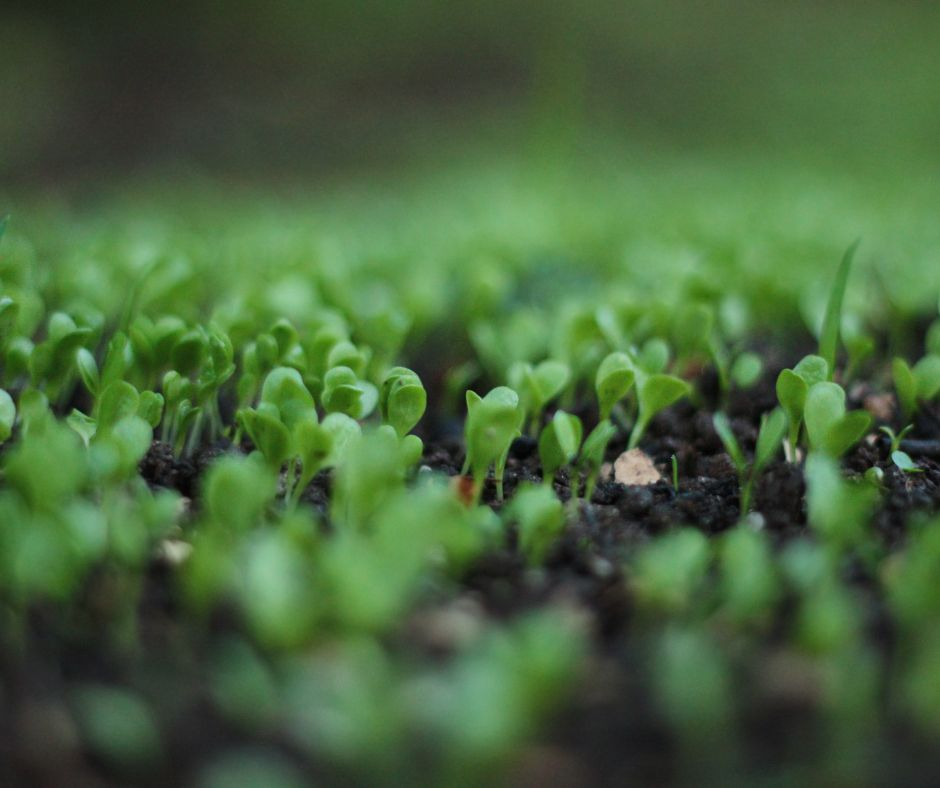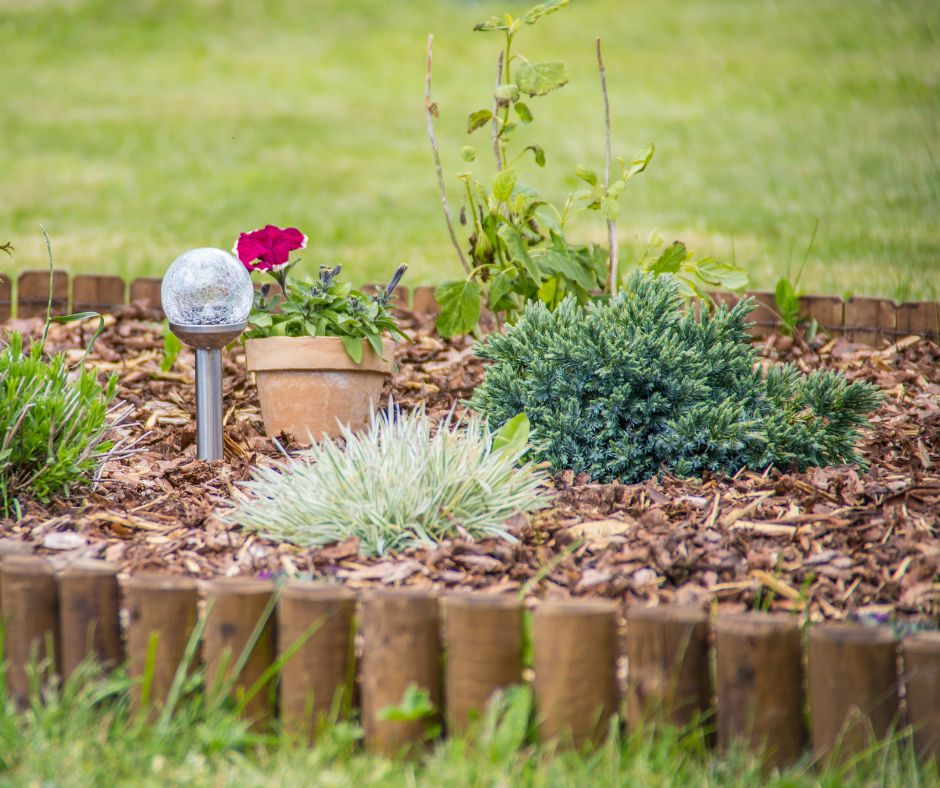The Gardener's Guide to Mulching: Stop Weeds in Their Tracks
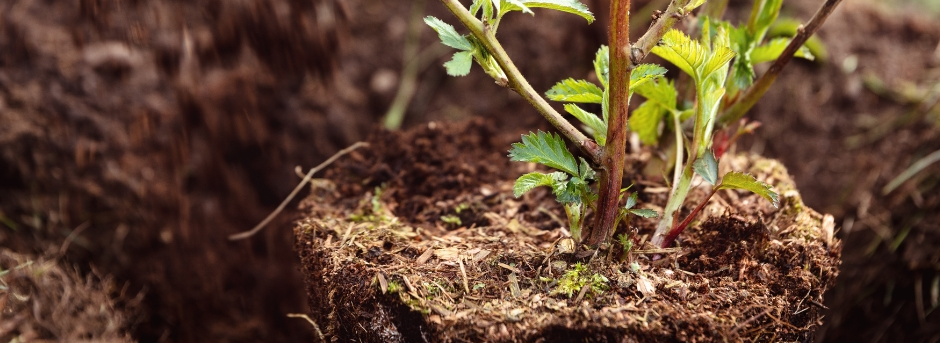
If you've ever spent a sunny afternoon pulling weeds from your garden, you know how tedious it can be. Fortunately, there's a more effortless way to keep those unwelcome guests at bay: mulching. Mulching is not just about making your garden look neat; it's a strategic method to suppress weeds, retain soil moisture, and even enrich your soil over time. Here's your straightforward guide to choosing and applying mulch, so you can spend more time enjoying your garden and less time weeding it.
Why Mulch Matters
Mulch acts as a barrier, covering the soil and limiting the amount of sunlight that can reach weed seeds. Without sunlight, most weed seeds cannot germinate, which means they won't grow. But the benefits don't stop there. Mulch also retains moisture in the soil, keeps it cool, and gradually breaks down to add organic matter, improving soil health. Essentially, mulch is your garden's best friend.
Choosing the Right Mulch
There are many types of mulch, each with its benefits. The key is choosing the one that's right for your garden's needs.
- Organic Mulches: These include materials like bark chips, straw, and grass clippings. They improve the soil's fertility as they decompose. Organic mulches are perfect for vegetable gardens and flower beds.
- Inorganic Mulches: Stones, gravel, and black plastic are types of inorganic mulches. They don't improve soil health but are excellent for areas where you want long-lasting coverage, such as pathways.
Consider what your garden needs: Do you want to improve your soil? Are you mulching a vegetable garden, or are you more focused on landscaping aesthetics? Your answers will guide your choice.
How to Apply Mulch Effectively
Applying mulch is simple, but there are a few tips to ensure you do it effectively:
- Prepare the Area: Clear the area of weeds before applying mulch. This step is crucial for preventing weeds from growing through the mulch.
- Depth Matters: A layer of 2-3 inches of mulch is generally recommended. Too little won't suppress weeds effectively, while too much can suffocate your plants.
- Leave Some Space: Avoid piling mulch directly against plant stems and tree trunks. This practice can lead to rot and invites pests.
- Replenish Regularly: Organic mulches break down over time and will need to be replenished. Check the mulch periodically and add more as needed to maintain the proper depth.
Beyond Weed Prevention
While mulching is an excellent way to prevent weeds, its benefits extend to overall garden health. By choosing the right mulch and applying it correctly, you're not just fighting weeds; you're creating a healthier, more resilient garden.
Interested in exploring high-quality mulch options? Visit us at North County Supply. We offer a wide range of garden supplies to help your garden thrive, from mulches to soil amendments. Let us help you find the perfect mulch to keep your garden weed-free and gorgeous.
Remember, a little mulch can go a long way towards making your garden more enjoyable and less work-intensive. Say goodbye to endless weeding and hello to a beautiful, low-maintenance garden with the right mulch strategy.
